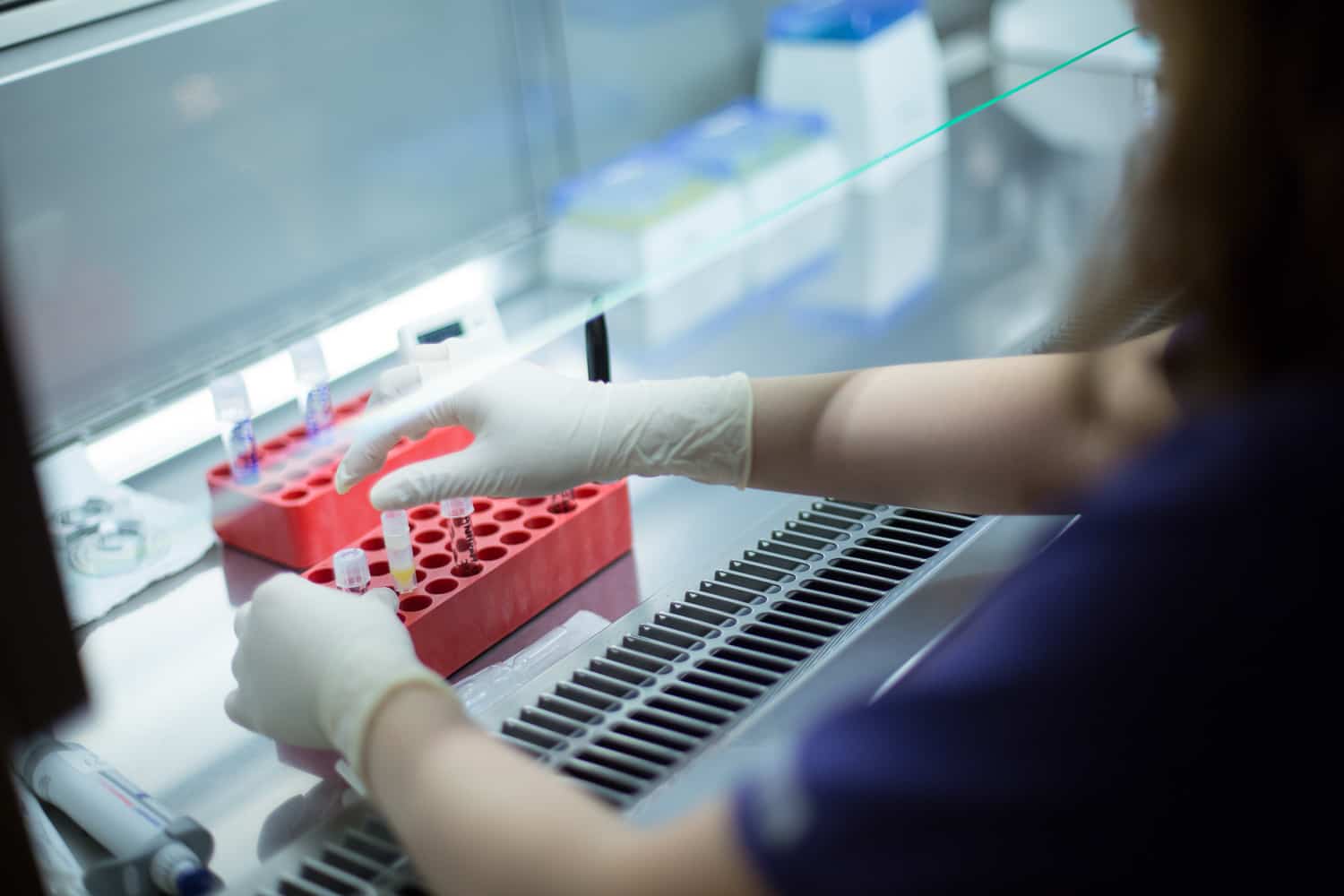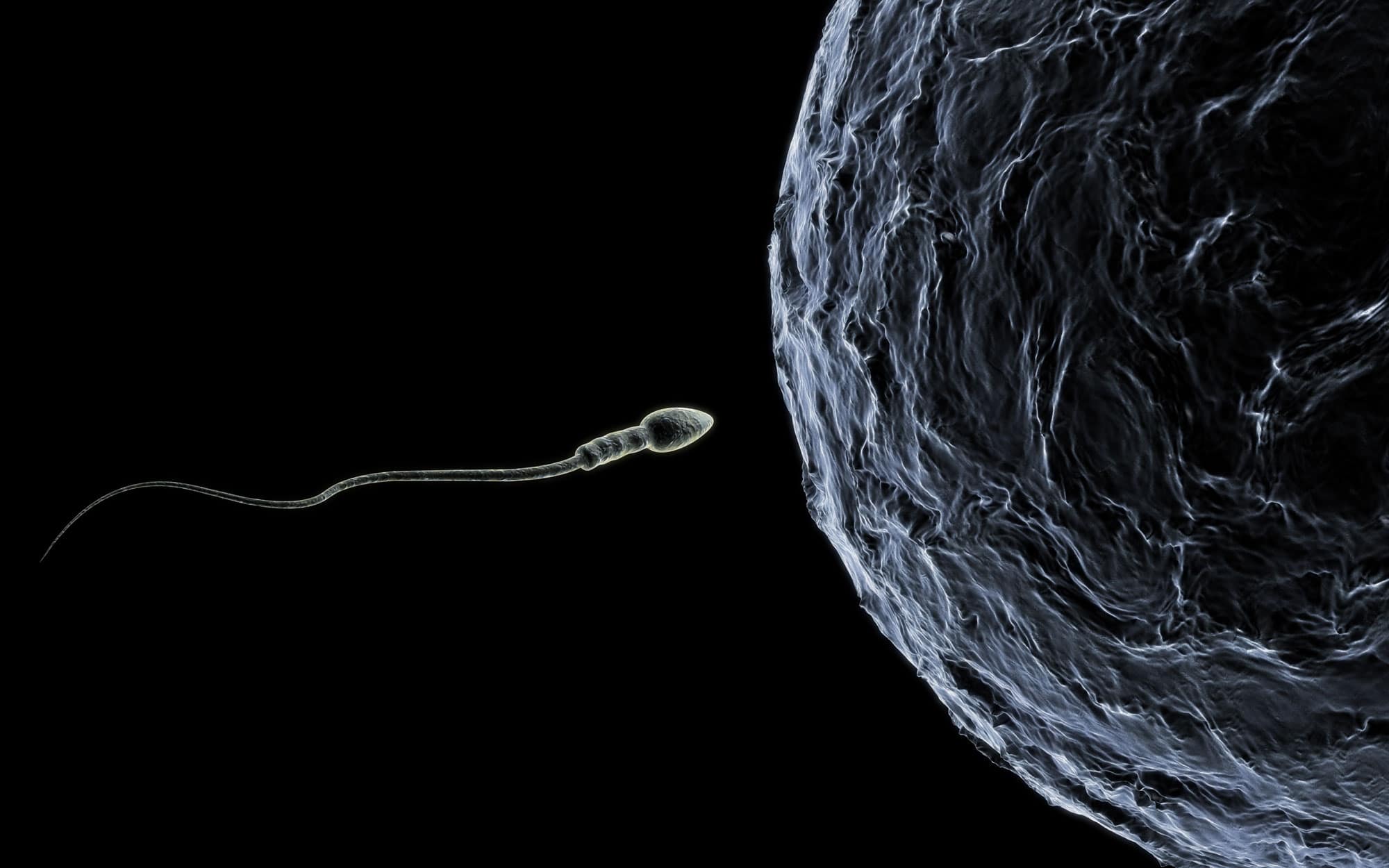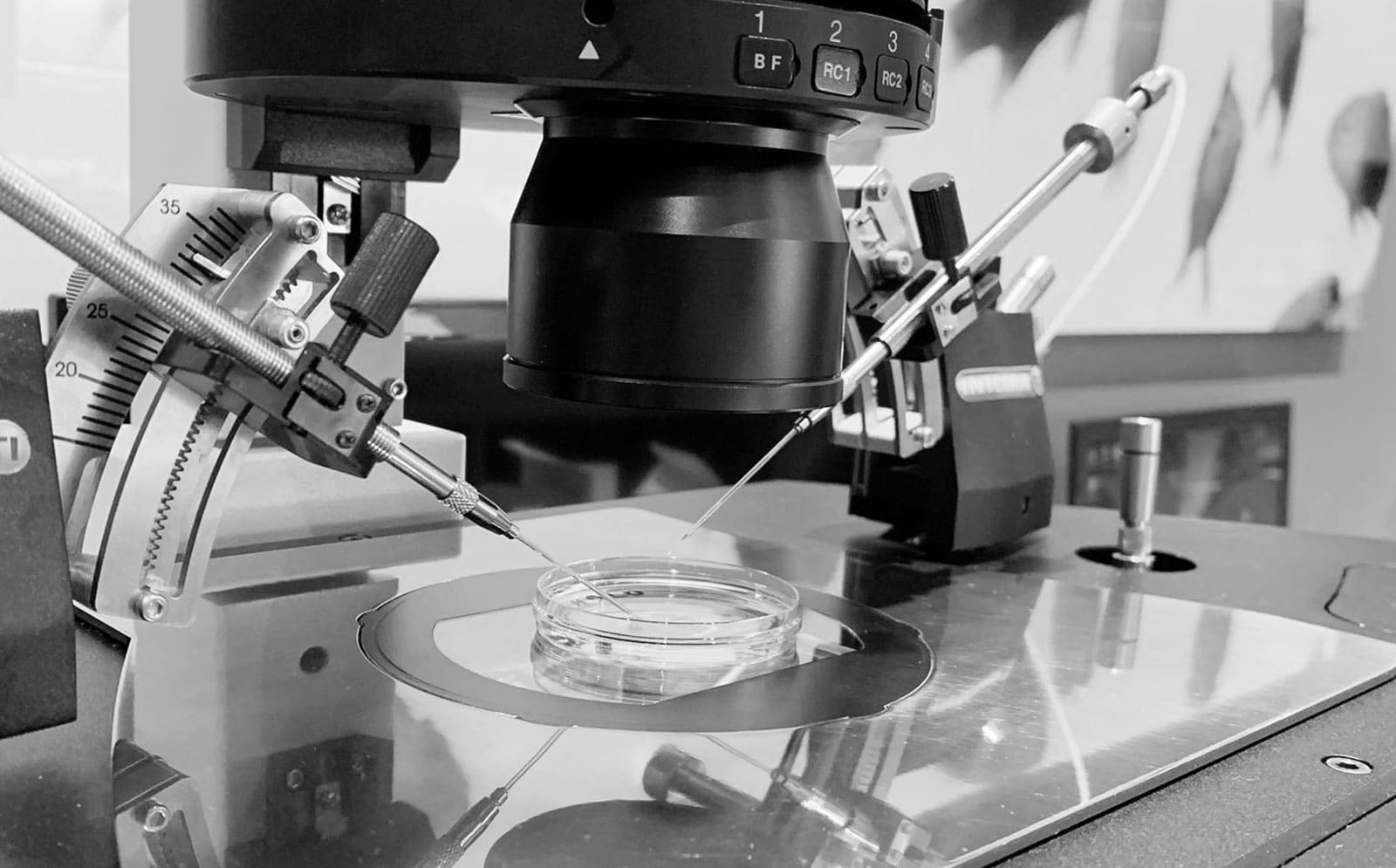
What is an embryologist?
Embryologists are the scientists who specialise in reproductive science and literally create babies. The role of an embryologist is considerable, and we

Embryologists are the scientists who specialise in reproductive science and literally create babies. The role of an embryologist is considerable, and we

Having an embryo transferred back is a fairly simple procedure, and typically isn’t one that needs you to do anything dramatically different

An immature egg is an oocyte that has not reached meiotic competency, meaning it hasn’t reached the first stages of meiotic division.

Sperm quality is a problem that is often overlooked, yet it plays an equally important role in IVF success rates.

A common question patients have revolves around what happens after an embryo has been transferred back. Simply put, do you have to

Almost a third of fertility problems can be attributed to male factor, with common causes ranging from sperm quality and quantity to

Assessing and correcting fertility problems is the first step in any fertility treatment and at Fertility First, we want to make the

Usually out of the eggs retrieved, we expect approximately 80% to be mature, and of those, between 60 to 80% will fertilise

Abnormal fertilisation sometimes occurs in embryos and can be identified by an embryologist.
Every story written here comes from Fertility First's Research Team, a group of scientists that doesn't just talk about the science behind fertility and reproduction, it lives and breathes it. Staffed by the doctors and scientists working behind the scenes at Fertility First, this team of dedicated embryologists, andrologists, and fertility experts collectively has over 40 years experience in the field.
Yes, chronic stress can impact fertility by disrupting hormonal balance and ovulation patterns. Managing stress through relaxation techniques, regular exercise, adequate sleep, and mindfulness practices may help optimise your chances of conception. Consider speaking with a counsellor if stress feels overwhelming.
Sperm health accounts for about 40% of conception challenges. Your partner can improve sperm health by maintaining a healthy weight, avoiding excessive heat exposure (hot tubs, saunas, tight clothing), limiting alcohol, quitting smoking, managing stress, and taking a multivitamin with antioxidants. Sperm takes about 3 months to develop, so lifestyle changes need time to show results.
Your fertile window typically spans 5-6 days, ending on ovulation day. For a regular 28-day cycle, this usually falls between days 10-15, with peak fertility 1-2 days before ovulation. Track your cycle using ovulation predictor kits, basal body temperature, or cervical mucus changes to identify your unique pattern. Having intercourse every 1-2 days during this window optimises your chances.